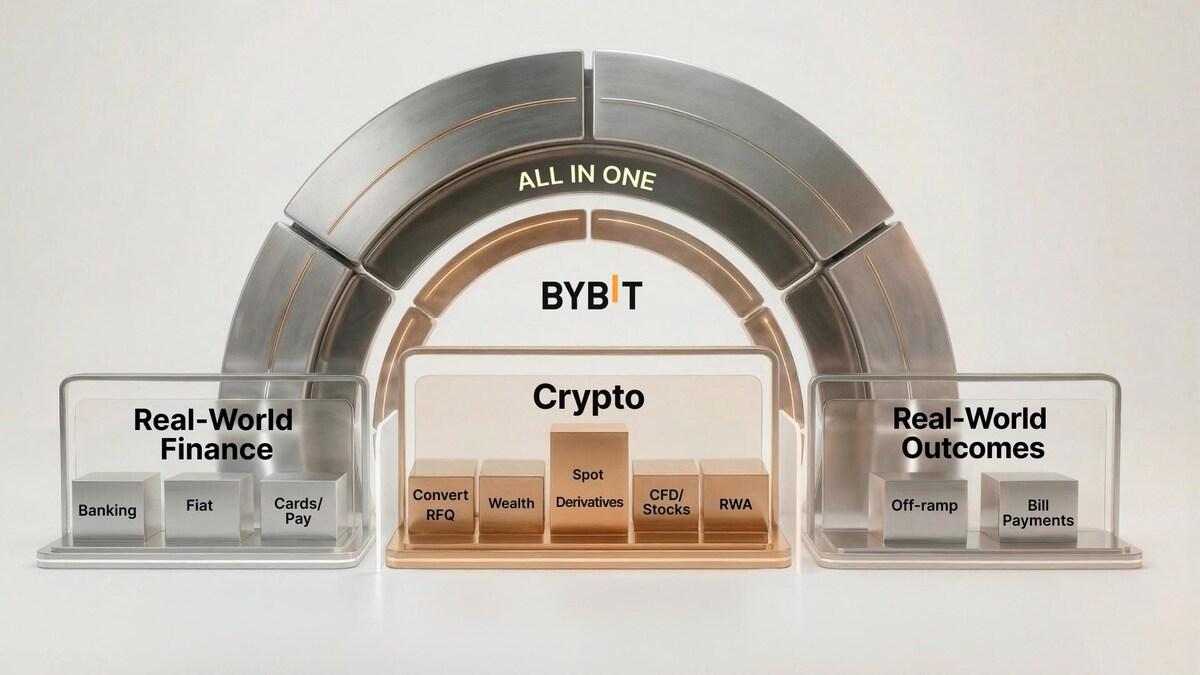Key Points:
- Hungary sees no immediate need for a publicly accessible CBDC but is testing the concept to see whether it might assist the unbanked.
- The nation is required to join the eurozone, but it does not seem to be in any hurry to establish a timetable for leaving its currency.
According to a top official, Hungary sees no immediate need for a publicly distributed central bank digital currency (CBDC) but is experimenting to see whether one may benefit the unbanked.

Although being a member of the European Union (EU) and so having to adopt the euro, Hungary has shown little urgency in establishing a precise schedule to replace its native currency, the forint.
Around 114 nations were investigating CBDC projects as of the beginning of 2023. The most well-known are the digital yuan, dollar, and euro. Several nations, however, have made tremendous headway with their CBDC programs.
Thailand’s central bank, for example, collaborated with SCG to undertake a pilot test for its CBDC, while South Korea launched a trial program for its intended CBDC project and then established a legal advisory council to address potential regulatory issues.
Various European authorities, notably the central banks in charge of the pound, euro, and Swedish krona, are actively considering issuing their currencies in digital form. The European Central Bank is expected to decide later this year whether to begin constructing a digital euro, while the Bank of England has said that a digital pound is likely to be required in the future.
With so many nations investigating CBDC projects, it is apparent that this technology is gaining appeal globally.
“For the moment, we don’t see any imminent need for large-scale retail CBDC to be introduced” by ordinary residents and companies, says the report. Hungarian Central Bank Chief Digital Officer Anikó Szombati said at an event held by think tank the Official Monetary and Financial Institutions Forum.
She did, however, remark that the Central Bank of Hungary is launching a series of pilot projects to investigate the possibility of issuing a CBDC, with the goal of remaining at the forefront of CBDC research.
Szombati said that while considering the implementation of a CBDC, the key incentive should be a substantial market failure or a strong governmental goal.
She stated that one potential motivation for Hungary might be increased financial inclusion since around 13% of Hungarian individuals do not presently have access to bank accounts.
According to research undertaken by the Bank for International Settlements (BIS), nearly 90% of central banks throughout the globe are considering the implementation of a CBDC.
DISCLAIMER: The information on this website is provided as general market commentary and does not constitute investment advice. We encourage you to do your research before investing.
Join us to keep track of news: https://linktr.ee/coincu
Harold
Coincu News






















